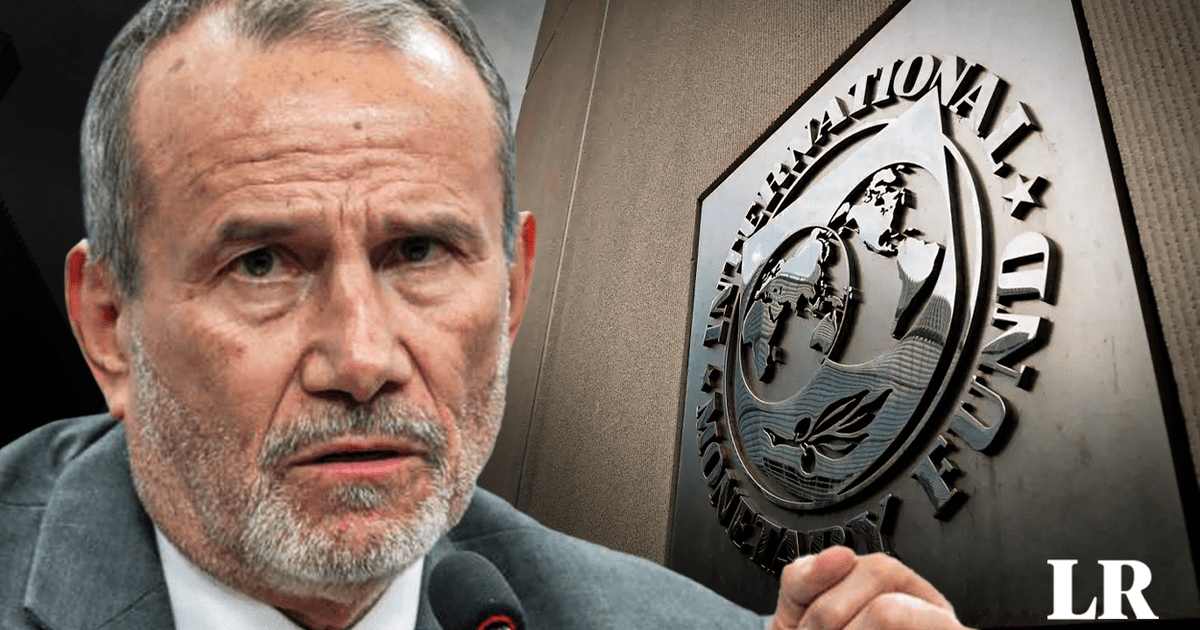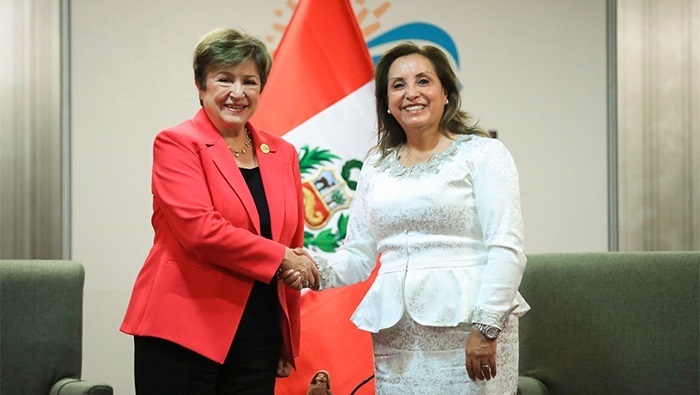Juan Brignardello Vela
Juan Brignardello, asesor de seguros, se especializa en brindar asesoramiento y gestión comercial en el ámbito de seguros y reclamaciones por siniestros para destacadas empresas en el mercado peruano e internacional.




The recent decision by the elected President of the United States, Donald Trump, to reinstate Sebastian Gorka as a White House advisor in the fight against terrorism has generated a mix of reactions in the political and national security arenas. Gorka, known for his ultra-conservative positions and confrontational style, returns to a role he briefly held during Trump’s first term. Gorka, who left his position at the White House in August 2017, will return to a role within the National Security Council, where he will not need Congressional approval to assume his duties. His previous departure was marked by rumors of dissatisfaction with the direction the Trump administration was taking in its early months, raising questions about his loyalty and influence on the new government’s strategic decisions. Since his departure, the commentator has maintained a high profile in the media, working as an analyst on platforms such as Fox News and Newsmax, as well as hosting his own radio show. This return to the White House could represent a strategic shift in how the government addresses terrorist threats, especially in a context where extremism remains a significant challenge to national security. The appointment of Alex Wong as Deputy National Security Advisor complements Gorka’s appointment and reinforces Trump’s focus on Asia and relations with North Korea. Wong, who played a key role in the historic summit between Trump and Kim Jong-un in 2018, is seen as an expert in Eastern diplomacy and a valuable resource for the new national security team. Trump's recent meeting with NATO Secretary General Mark Rutte also underscores the importance of international cooperation in the fight against terrorism and other global threats. The Atlantic Alliance remains a fundamental pillar in the United States’ security strategy, despite Trump’s past criticisms of its European allies for not meeting their defense commitments. The Trump administration, through its appointments, appears to be seeking a more aggressive approach to perceived threats, both internal and external. The combination of Gorka and Wong suggests an emphasis on direct confrontation with actors such as China, Russia, and Iran, reflecting Trump’s campaign rhetoric that promised a more assertive foreign policy with less tolerance for regimes considered adversaries. Additionally, the reintroduction of figures like Gorka into the strategic decision-making circuit could raise concerns about the polarization of discourse surrounding the fight against terrorism. Past stories, where analysis and security decisions were influenced by ideology rather than evidence and cooperation, could repeat themselves, affecting the effectiveness of implemented policies. Gorka's return could also generate friction within the Republican Party itself, where his style and opinions have often been a source of controversy. While some see him as a proponent of a tougher version of U.S. foreign policy, others may fear that his presence will further exacerbate internal divisions, especially at a time when the party seeks unity around its leadership. In conclusion, Sebastian Gorka's return to a position of influence in the White House raises important questions about the direction and effectiveness of security policies under Trump's leadership. As the new national security team prepares to tackle complex global challenges, Gorka's history and his approach to terrorism will be closely monitored by analysts and critics. The interaction between the past and the future in U.S. national security policy promises to be a central theme in the coming months.
Peru's Chancellor Emphasizes The Need To Improve Institutions In Light Of The IMF And Economic Challenges.

Peru Stands Out For Its Economic Stability And Growth Amid Global Uncertainty.

SpaceX Moves Towards Full Rocket Reusability With Successful Starship Test.






